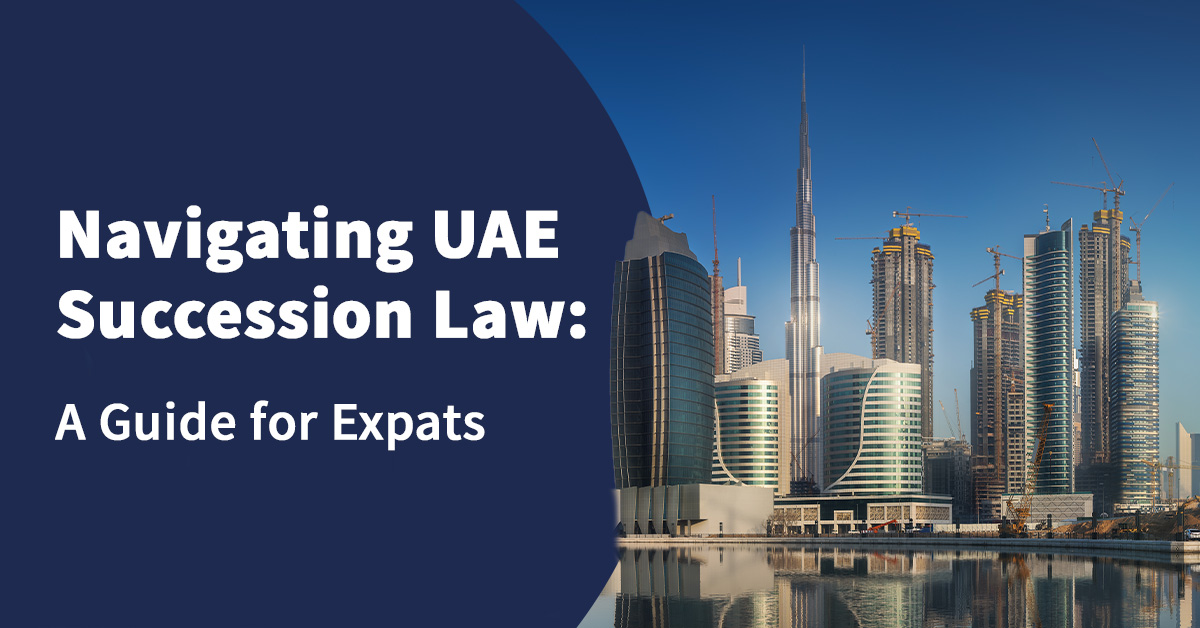One of the wonderful things about living in Dubai is that it’s a cultural melting pot. The UAE provides exposure to new people, traditions and experiences on a daily basis. Although many of our backgrounds are different, it is fair to say that financial advancement was the motivator for many of us as we set out for the Middle East.
One of the dangers is that we start to neglect the investments we’ve left at home, especially our retirement nest eggs. Many expats make the natural assumption that their pension plans are safely locked away until they decide to put their feet up. However, there are some very good reasons to keep a close eye on your pension – especially if you are from the UK.
The main problem is that most employer sponsored pension schemes were designed when the world was a different place. Medical advances combined with increased wealth mean that most of us are living longer, much longer. In 1981 the average 65 year old British Male could expect to live a further 14 years. By 2051 the same British male can expect to live another 26 years. The cost of making up the difference is astronomical.
At the same time interest rates are at record lows – great news for those with variable rate mortgages but not good for pensions. Most UK pension promises and annuities are met by the yield on government bonds. Shrinking yields makes providing these pensions extremely expensive – this is reflected in massive pension liabilities. Let’s look at the numbers.
In the UK almost 80% of defined benefit pension schemes (where the employer underwrites the pension) are in deficit and 60% are showing a deficit of over 20%. The size of the pension deficits is eye watering – several of the UK’s largest companies have pension liabilities in excess of the market value of the business. These household names include British Airways, Lloyds TSB, Marks & Spencer and Sainsbury’s. It is scary stuff.
Arguably, the position is more worrying for government employees. Many government pensions, including the NHS Pension Scheme, Armed Forces Pension, Teacher’s Pension and Local Government Pension operate on a pay as you go basis – this is a nice way of saying there are no assets invested to meet the future pension obligation, and at over £900bn it’s a big promise. So how are these pensions funded? Contributions made by existing members are topped up with tax receipts and then paid out as pensions to retirees. Now try Googling ‘Ponzi Scheme’ and spot the difference.
Don’t worry though; there are ways of taking complete control of your pension, particularly if you’ve yet to start drawing it. The UK tax authorities allow employer and private pensions to be transferred to individual plans where the member can choose how their fund is invested. Furthermore, pensions such as Qualifying Recognised Overseas Pension Schemes (QROPS) allow you to remove your pension from the hands of the UK taxman altogether.
The key first step is a detailed review – you may find your particular scheme is fully solvent and holds valuable guarantees. If not at least you can take appropriate steps now to avoid any unpleasant surprises in the future.
Find out how we can help you
If you would like to understand more about this topic get in touch
Related posts
- Published On: July 10, 2024|3.2 min read|
The Merits of Accessing Your Pension Commencement Lump Sum in Stages
As you approach retirement, one of the significant decisions you'll face is how to access your pension commencement lump sum (PCLS). While it might be tempting to take the entire amount in one go, there are several benefits to accessing your PCLS in stages.
Read more
- Published On: May 26, 2023|4.7 min read|
Navigating UAE Succession Law: A Guide for Expats
The United Arab Emirates (UAE) has become a popular destination for expatriates seeking new opportunities and a vibrant lifestyle. However, when it comes to matters of succession and inheritance, ex-pats residing in the UAE need to be aware of the unique legal framework in place.
Read more












